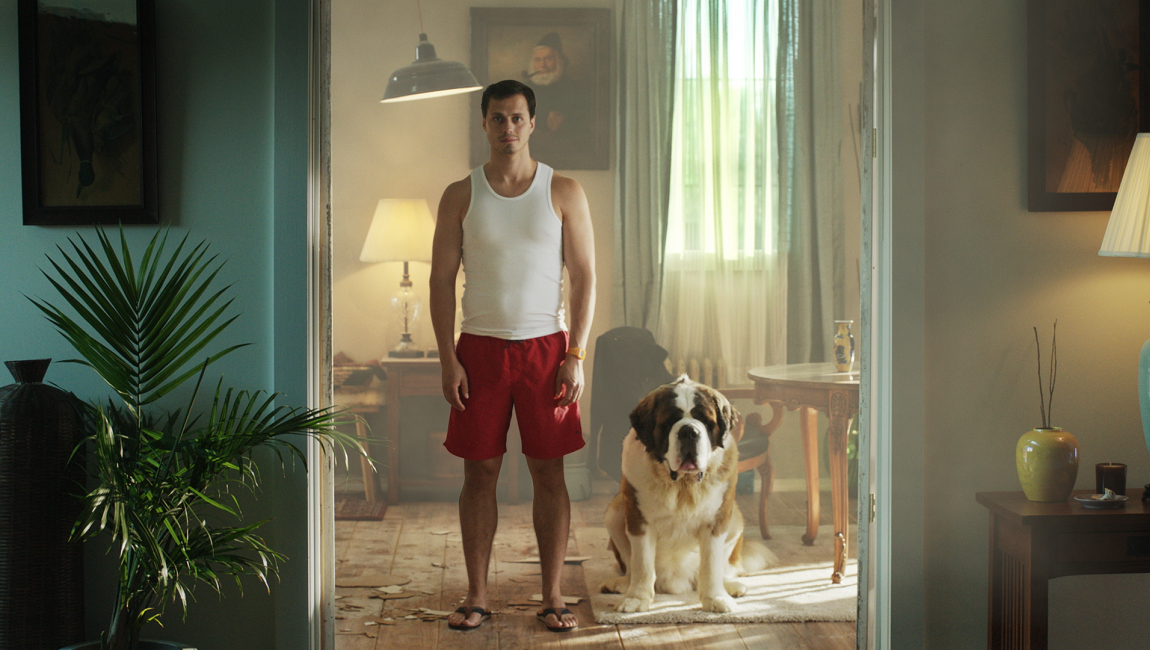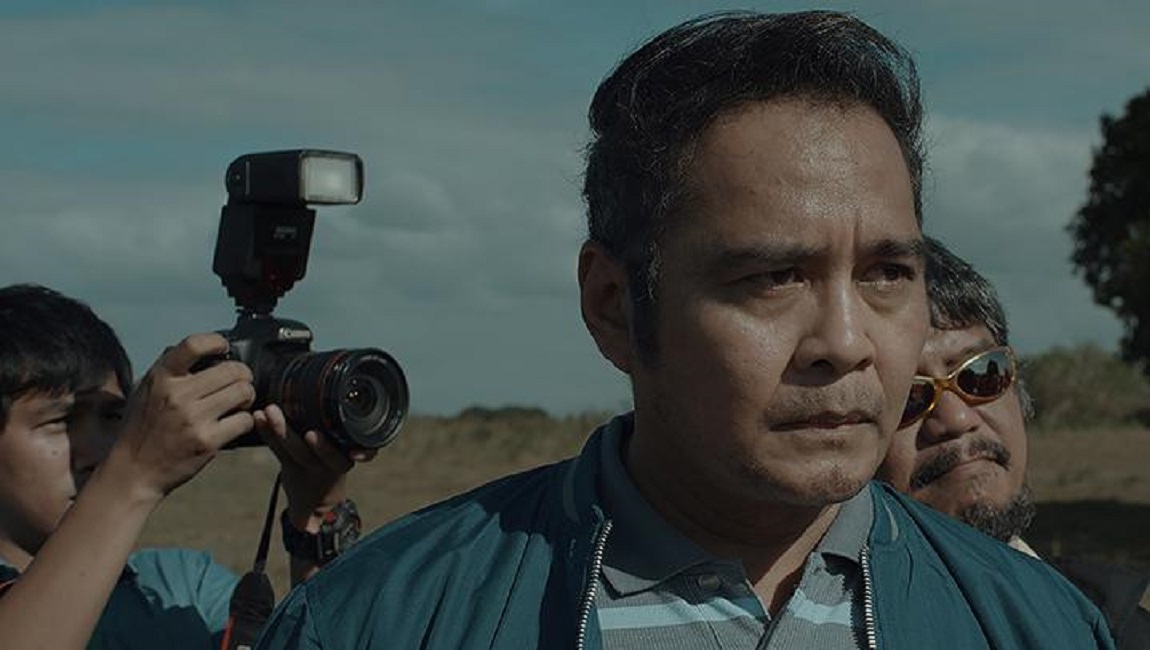With only two feature films under his belt, writer-director Jeymes Samuel seems to have found a particular niche; specifically tackling well-wore genre fare dominated by white voices and filtering it through a Black lens, topicality practically woven into its DNA as a result. New biblical epic The Book of Clarence follows 2021’s Samuel’s revisionist western The Harder They Fall, and both herald and confirm Samuel as an exciting new voice in today’s filmic landscape, even as his admirable ambitions have yet to produce a truly satisfying final product. If anything, The Book of Clarence is even more of a wild swing for the fences than the director’s debut, a movie attempting to do and say so much that it can’t help but fall short at the end of the day. In other words, it’s the very definition of a sophomore effort, the type that could only come from an aspiring auteur filmmaker who found success the first go-round and was given carte blanche for his follow-up, seizing the opportunity with a P.T. Anderson/Magnolia-like swagger. One has to respect the audacity, however they ultimately feel about the strength of the end result.
The Book of Clarence opens on a promising note, as a highly cinematic chariot race through the streets of Jerusalem gives way to the introduction of our titular protagonist, Clarence (LaKeith Stanfield), a good-natured layabout who spends his days selling skunkweed with his best friend Elijah (RJ Cyler) and getting up to all sorts of comedic mischief. If anyone ever wondered what the Ice Cube joint Friday would look like had it been set in biblical times — someone has definitely had this thought — more than a glimmer of the answer can be found in The Book of Clarence, and it’s a charmingly refreshing take on such familiar material. Clarence unfortunately owes a large sum of money to local gangster Jedediah the Terrible (Eric Kofi-Abrefa), a man who earns his name by threatening to kill Clarence if he does not receive his cash in a mere 30 days. As luck would have it, a prophet by the name of Jesus Christ (Babs Olusanmokun) is being heralded as the new messiah thanks to his ability to turn water into wine and stones into fish. Clarence is a non-believer, but nevertheless sees this as the perfect opportunity to make some money, first by attempting to become the 13th Apostle, and then by cutting out the middle man and declaring himself a messiah, preaching in the streets and performing “miracles” with Elijah and newly freed slave Barabbas (Omar Sy). Clarence’s message is in direct opposition to that of Jesus Christ: knowledge over belief. Before you know it, Clarence is taken into custody by Governor Pontius Pilate (James McAvoy), who sees Clarence as a danger to the Roman Empire, an instigator inspiring rebellious thoughts in the powder keg that is Jerusalem.
Immediately evident to viewers will be the fact that Samuel has cast The Book of Clarence with exclusively Black performers, save for the Romans, and the director isn’t coy about his motivation for this choice. Above all, his film functions as a history of the persecution of the Black individuals as filtered through the life of Jesus Christ, with Clarence symbolically taking on that role, even as the real J.C. walks amongst the people. The allegory certainly isn’t subtle, with Samuel making allusions to everything from slavery to the present-day Black Lives Matter movement. White Roman (police) officers constantly berate and abuse the people of Jerusalem, demanding to see their papers and, at one point, attempting to kill an unarmed man as a horrified crowd watches, unable to do anything to stop the brutality. Samuel asks modern-day audiences to reckon with the horrors that past generations endured in order for the freedoms enjoyed today to be born, while simultaneously offering a survey of how history persists to become present, the totality of that freedom reserved only for some, and advocating for a new enlightenment. There’s some truly profound imagery in service of this discourse to be found in The Book of Clarence, with the crucifixion of “Jesus” — i.e., Clarence — given startling immediacy by seeing a Black actor suffering the well-known horrors that are centered on this locus of Christian theology, and once again refusing to see division between past and present as Clarence’s mother screams, “They always take our sons!” as the young man is violently whipped while dragging his own cross through the streets of Jerusalem.
Unfortunately, Samuel doesn’t seem to trust his material as much as he should, employing a distracting number of cinematic flourishes — whip pans, crash zooms, and split screens included — that serve more to distract from than enhance the film’s bold conceit. The Book of Clarence is also a bit of a tonal mess, nowhere more so than in the crucifixion scene itself, which keeps getting interrupted by jokes involving the lone white man being crucified and who keeps getting mistaken for the Messiah — this Very Special Guest Star is even seen twirling through the streets and basically doing the Thumbs-Up Jesus meme earlier — seemingly because Samuel doesn’t trust the weight of the material in the absence of easy audience placation. The structure of the movie itself is also ill-conceived, as it’s presented in three distinct chapters that serve to kill the natural momentum of the race-against-the-clock plotting, making the final destination feel more than a tad never-ending in arriving. Ultimately, The Book of Clarence registers as one of those familiar high-concept efforts that is often more successful in theory than execution, but nonetheless contains enough power, passion, and sheer artistic chutzpah to warrant a watch. Just don’t expect anything divine.
DIRECTOR: Jeymes Samuel; CAST: LaKeith Stanfield, Omar Sy, Anna Diop, Teyana Taylor, James McAvoy; DISTRIBUTOR: TriStar Pictures; RUNTIME: 2 hr. 16 min.







